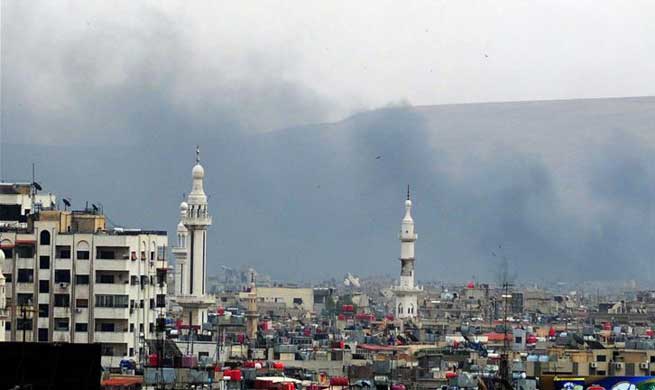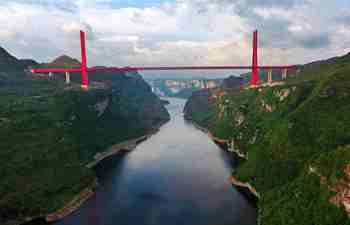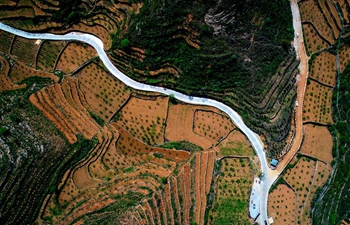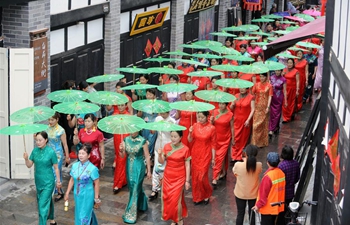SUVA, May 7 (Xinhua) -- Even though more than 100,000 households in Fiji engage in agricultural activities such as growing crops, raising livestock, fishing, freshwater aquaculture or marine aquaculture, the island nation with a population of more than 880,000 still showed a negative agriculture trade.
Fiji's Assistant Minister for Agriculture Viam Pillay released these statistics on Monday at the regional forum workshop on developing Pacific local food crops and fisheries value chains held in Suva.
Pillay said, a recent pilot baseline survey undertaken by the Ministry of Agriculture shows that of the 51,029 farmers interviewed, only about 4 percent can be classified as commercial farmers, adding that the same survey also found that nearly 65 percent of interviewed farmers operated on one hectare or less.
Pillay added that for many farmers in the South Pacific Island nation, the situation was further exacerbated by the fact that they resided in remote areas, such as outer islands and highlands, which lacked connection to markets and supply chains due to remoteness and insufficient infrastructure.
"Fiji experiences an increase in extreme weather events such as cyclones, flooding, and droughts, which further affect local food production and food security, as we experienced through tropical cyclone Winston and recently, tropical cyclones Joshi and Keni."
Pillay shared Fiji's experience on grappling with a negative agriculture trade balance for some years, saying that Fiji imports more agriculture products than it exports.
In 2016, Fiji's agriculture trade showed a negative result of 453 million Fijian dollars (about 218 million U.S. dollars).
"In 2016, we exported crop and livestock products worth 193 million Fijian dollars (about 93 million U.S. dollars); mainly fresh and chilled commodities such as taro, ginger, cassava, papaya and kava as well as other value-added products such as coconut oil,"the official said.???

















